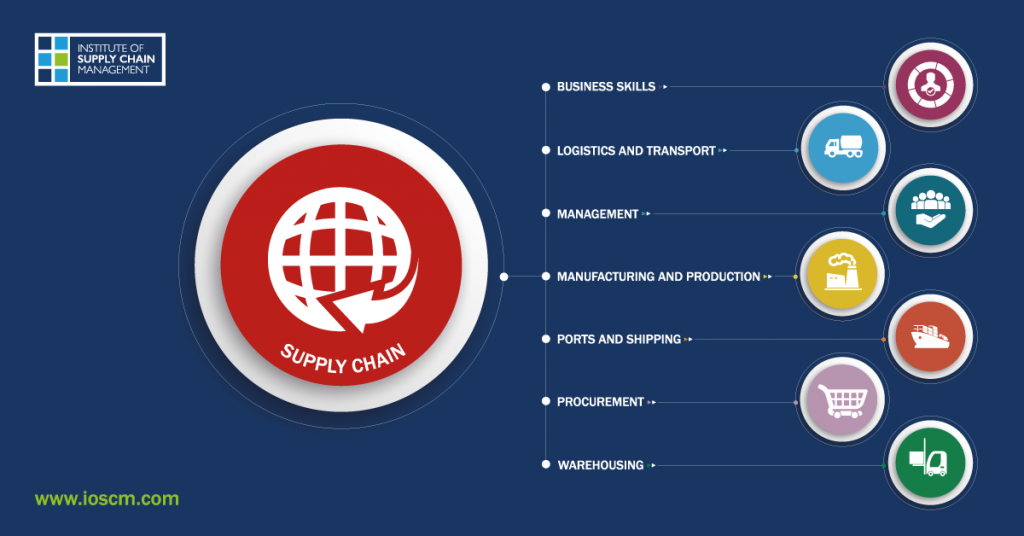
Primary Reasons to Offer Employees Learning & Development Opportunities
In the era of digital transformation and rapid technological advancements, the corporate landscape is undergoing a paradigm shift. Knowledge has become a valuable currency, and the ability to acquire, adapt, and apply it can distinguish a thriving organisation from a stagnant one. The most successful companies no longer perceive employees as mere tools for productivity but as vital assets who need nurturing and development. In this dynamic and interconnected global economy, where industries are evolving and the boundaries between sectors are blurring, continuous learning has emerged as a cornerstone of organisational resilience and relevance.
To ensure a future-ready workforce, progressive businesses are recognising the importance of Learning & Development (L&D) opportunities. But why is L&D so crucial, and how does it shape both the individual and the enterprise’s trajectory? This article explores the compelling reasons that highlight the significance of offering employees robust avenues for growth and development. Let’s delve into the numerous benefits and the overarching impact of L&D in the modern corporate realm.
Attracting and Retaining Top Talent
Competitive Advantage in Recruitment
When companies prioritise learning and development, they position themselves as an attractive hub for job seekers. A LinkedIn report suggested that a staggering 94% of employees would remain loyal to a company longer if it actively invested in their career development. By offering L&D opportunities, businesses are not only attracting top talent but also ensuring their long-term commitment. This results in a workforce that is well-equipped, content, and sees a future within the organisation.
Reduced Turnover
High employee turnover incurs significant costs and disrupts workflow. A major driver behind employees leaving their positions is the absence of development opportunities. By investing resources in L&D, companies can significantly reduce turnover rates, thereby cutting recruitment costs, the intricacies of onboarding, and the tangible costs of lost productivity.
Enhancing Employee Performance and Productivity
Skill Enhancement
As the corporate environment fluctuates, so do the required skills for efficiency. L&D programs can effectively bridge the gap between an employee’s current expertise and the evolving skills needed. This leads to agile teams that are up-to-date and can maximise their role’s potential.
Increased Engagement
Employees who feel that their employers are deeply invested in their professional growth are significantly more engaged in their tasks. Such engaged employees bring unparalleled levels of enthusiasm, creativity, and commitment to the table, resulting in elevated outputs and outcomes.
Adapting to Industry Changes and Innovations
Staying Ahead of the Curve
Rapid industry evolutions can render the ‘status quo’ obsolete. L&D ensures that employees are not left behind but instead remain adaptable and can swiftly adjust to new industry demands. This agility ensures the firm’s offerings stay contemporary and competitive, always in line with market needs.
Driving Innovation from Within
Continuous learning forms the foundation for a culture rich in innovation. When employees are exposed to new concepts, technologies, and methodologies, they are more likely to conceive unique solutions and ground-breaking products. Such internal strides in innovation can provide a tangible advantage in a saturated market.
Fostering a Positive Company Culture
Promoting Lifelong Learning
By emphasising the importance of continuous learning, firms can cultivate a culture where the pursuit of knowledge is highly regarded. This environment promotes exploration, encourages out-of-the-box thinking, and transforms employees into repositories of insights that benefit the entire organisation.
Enhancing Team Collaboration
Many L&D initiatives are centred around teamwork. Such collective efforts amplify team synergies, streamline communication, and sow the seeds of camaraderie. This harmonious interplay can lead to more cohesive units, resulting in improved overall performance.
Proactively Addressing Skill Gaps
Identifying Weaknesses Early
Regular L&D assessments can serve as an early warning system, enabling organisations to pinpoint skill gaps in their roster before they escalate. Addressing these gaps directly ensures that teams always operate at peak efficiency, foreseeing challenges and avoiding them.
Customised Training for Maximum Impact
Rather than adopting one-size-fits-all training modules, L&D opportunities can be tailored to address individual and team-specific requirements. This granular approach ensures that training remains relevant, maximising returns in terms of skill enhancement and application.
Enhancing Business Reputation
Demonstrating Commitment to Quality
A company that invests in its employees’ development is perceived as one that is unwavering in its pursuit of excellence. This unspoken commitment extends outward, strengthening the business’s image among clients, partners, and a wider audience, resulting in trust and respect.
Attracting Partnerships and Collaborations
Organisations known for their focus on L&D often attract the attention of other forward-thinking entities, paving the way for beneficial alliances and innovative ventures. Such partnerships can serve as catalysts for growth, bringing fresh opportunities and perspectives.
Conclusion
In today’s ever-evolving business landscape, an organisation’s resilience and vision are truly measured by its commitment to human capital development. L&D is not merely a token gesture towards employee satisfaction; it represents a strategic investment in the organisation’s most valuable asset: its people. As we have outlined, the benefits of L&D extend far beyond the immediate advantages of skill enhancement. It’s about fostering a culture of adaptability, encouraging innovation from within, and laying the foundation for long-term success.
Moreover, in an era marked by the Fourth Industrial Revolution, where artificial intelligence, automation, and other technological innovations are reshaping industries, the need for a workforce that can adapt and grow in tandem with these changes is more pressing than ever. By investing in L&D, organisations are essentially future-proofing themselves, ensuring they remain competitive and relevant regardless of external shifts.
The ethos of the company
However, perhaps the most profound impact of L&D is on the very ethos of the company. It sends a powerful message to employees, stakeholders, and the market at large: that the company values growth, is committed to excellence, and cherishes the development of its team. This not only helps to attract and retain top-tier talent but also fosters a positive company reputation, which can open doors to partnerships, collaborations, and new opportunities.
In essence, Learning & Development serves as both an anchor and a compass for modern enterprises. It grounds them in the present, ensuring that the workforce is equipped to tackle contemporary challenges, while also charting a course for the future, paving the way for sustainable success and innovation. In the grand tapestry of corporate strategies, L&D shines as a thread that binds, strengthens, and propels organisations forward on their journey of growth and excellence.
About Author Rachel R. Hill
Rachel, an aspiring researcher and gifted writer, derives immense joy from imparting her skills and knowledge to others. Her role as a departmental assistant keeps her connected with students, always eager to offer a helping hand or a listening ear. Recently, Rachel has taken on a new venture as one of the writers for Study Crumb, where she enthusiastically shares her wisdom with a broader online audience.
IoSCM Qualifications are designed to help business of all sizes meet their strategic aims. Speak with a member of our Corporate team to find out how we can help you. Call 0800 1422 522 today.

